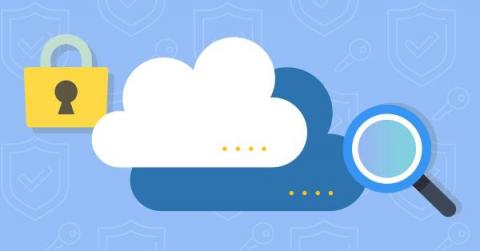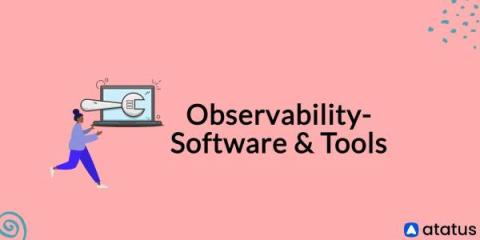ICYMI: Honeycomb Developer Week: The Partner Ecosystem
We know that you value collaboration. That’s why we share incident reviews and learnings—because we believe the entire community benefits by working together transparently. In the spirit of working better together, we invited ecosystem partners from ApolloGraph, Cloudflare, LaunchDarkly, and PagerDuty to present at Honeycomb Developer Week, a three-day event filled with snackable, time-efficient learning sessions to help you uplevel your observability skills.










